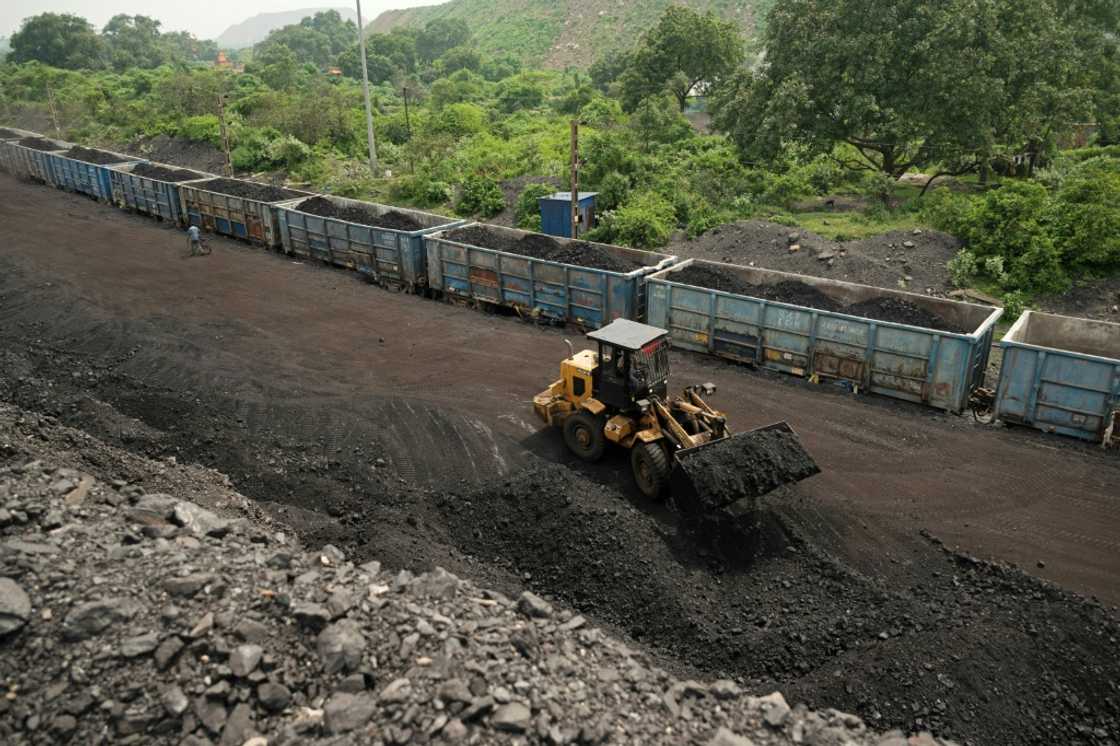Climate goals and fossil fuel plans don't add up, experts say

Source: AFP
Countries are still planning to increase production of fossil fuels to levels incompatible with global commitments on climate change, according to new research published on Monday.
The report compiled by more than 50 international researchers compares fossil fuel expansion against the goals of the Paris climate accord, and found a chasm between promises and reality.
Countries are "now collectively planning even more fossil fuel production than two years ago", concluded the latest "Production Gap" report.
"There continues to be a disconnect between climate ambitions and what countries are actually planning to do with fossil fuel production," study co-author Derik Broekhoff, from the Stockholm Environment Institute (SEI), told reporters.
Under the Paris accord, nations have agreed to hold global temperature rises to well below 2C compared to preindustrial times, and to strive for a safer limit of 1.5C.
The projected 2030 production of coal, oil and gas exceeds levels consistent with achieving the 1.5C target by more than 120 percent, the report found.
It overshoots even the 2C target by 77 percent, said the report by SEI, Climate Analytics and the International Institute for Sustainable Development that involved dozens of researchers.
The gap has widened since the last report in 2023, the same year nations pledged at the UN COP28 summit in Dubai to "transition away" from fossil fuels.
Demand for gas, which is mostly composed of the potent greenhouse gas methane, has surged while China's projected decline in coal use has slowed.
All parties to the Paris accord are supposed to submit fresh climate targets and detailed plans for slashing planet-heating emissions before the UN COP30 summit in Brazil in November.
They "must commit to reversing the continued expansion of global fossil fuel production" in these crucial national climate plans, the report stated.
"The continued collective failure of governments to curb fossil fuel production and lower global emissions means that future production will need to decline more steeply to compensate."
The massive use of coal, oil, and fossil gas for energy since the industrial revolution is the primary driver of human-induced global warming.
Among the 20 largest fossil-fuel producing nations -- including oil and gas behemoths like the United States, Saudi Arabia and Russia -- some 17 plan to increase operation by 2030, the report said.
Eleven intend to produce more of at least one fossil fuel in 2030 than they were planning just two years ago, it added.
Source: AFP




